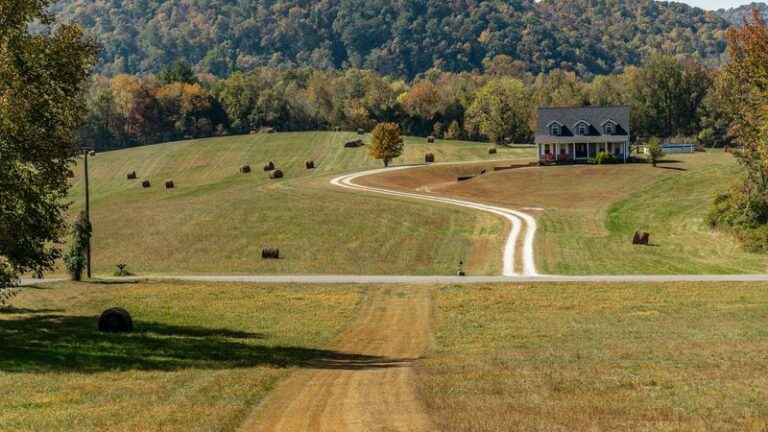The Highland Rim Project claims to “Seek to shape institutions with Christian norms,” stating that they, “Embrace a vitality, reflecting God’s design and aiming for God’s kingdom, that animates society from the family to the economy to the culture and civilization.” Which, on the surface, sounds really appealing. However, after spending the past week with my nose glued to their website and after many conversations with friends, I am realizing that there are more issues with this project than just its Christian Nationalist agenda.
This project is not just an attempt at a like-minded community. The Highland Rim Project is creating a monopoly on Appalachian land, which, according to the U.S. Department of Agriculture Economic Research Service, is one of the most impoverished regions in the nation. I fail to see how a real estate monopoly in a place plagued by poverty aligns with Christian values. What this looks like to me is a nationalist organization building its foundation upon lies of what Christianity is in order to further their political agenda.
However, the desire to seize power is not a new one within the church. Even as far back as the late 4th century, St. Basil, the bishop of Caesarea Mazaca in Cappadocia who is considered the father of eastern monasticism, was aware of this issue. In his 92nd letter, St. Basil wrote, “The doctrines of piety have been brought to ruin and the laws of the church are thrown into confusion. The ambition of those who do not fear the Lord rushes into the foremost positions, and episcopal office is now publicly known as the prize of impiety. The result is that the more a man blasphemes the more worthy people judge him to be a bishop.” That’s the 4th century way of saying that corrupted people often gained political power by virtue–or vice–of being corrupt.
As a result, we see a growing monastic tradition. Historically, we find that followers of Christ found the idea of rejecting worldly pursuits in order to devote their lives solely to serving God and His people more enticing. While it is common to think that all monks did was sit around and pray, this is not the case. On the contrary, civil progress has been carried out by the monastic tradition in many ways. Agricultural innovations, hospitals and medical pharmacies are just a few examples. Monasteries also functioned as market centers and refuges. In addition, they also copied and retained historical documents that would have otherwise been lost during the Dark Ages. The positive intellectual and social impact of the Monastic tradition cannot be overstated.
My critique of the Highland Rim Project is not one of Christian community. It is evident that, historically, Christian communities were a driving force in civic progression. My critique is of the way that the Highland Rim Project has taken perverted morals and ethics and have labeled them as Christian.
The Highland Rim Project could actually be a great opportunity to be the hands and feet of Christ. However, to do this, they would have to reorient their vision from using this real estate to build a “Christian” community, and instead use it to serve the impoverished people that already live in the region. However, to do this, they would have to reorient their vision from using this real estate to build a “Christian” community that seeks to exclude based on political belief, and instead use it to include and uplift impoverished people that already live in the region.
I understand the desire to be in a community that loves and supports one another as Christ commanded us to do. I spent the first 17 years of my life living in that tension before I moved to Wilmore. But the answer to this problem is not politics. It is to serve with hands and hearts rightly tuned to the desires of Jesus, not to the desires of this world.




